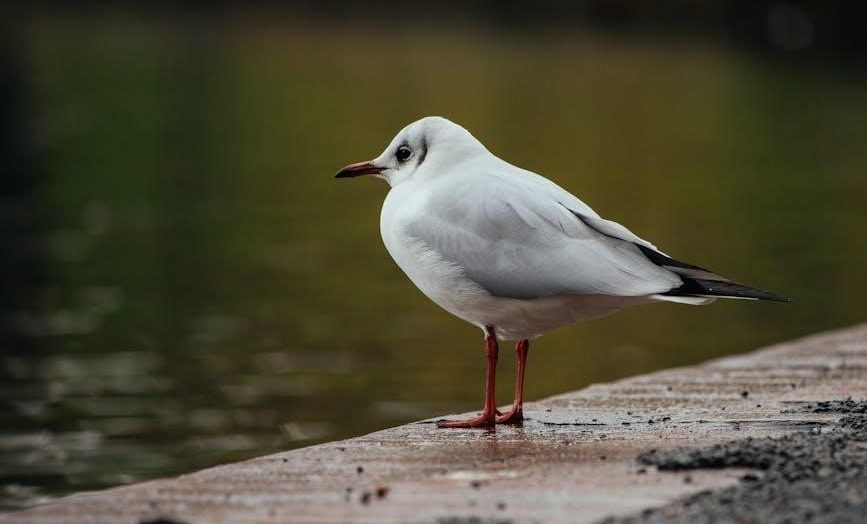Lake Grenada Crappie Guides offer expert knowledge and techniques to maximize your fishing experience. With their deep understanding of the lake’s best spots, tackle, and seasonal patterns, they ensure anglers of all skill levels can successfully target crappie. Their expertise helps you make the most of your trip, whether you’re a novice or an experienced angler.
Overview of Lake Grenada as a Crappie Fishery
Lake Grenada is renowned for its exceptional crappie fishing opportunities, attracting anglers nationwide. With its vast 35,000 acres, the lake offers diverse habitats, including submerged trees, creek channels, and shallow flats, making it a crappie paradise. The fishery is home to both white and black crappie, with healthy populations and strong growth rates due to the lake’s fertile ecosystem. Seasonal patterns play a significant role, as crappie migrate between deep and shallow waters throughout the year. Anglers can expect consistent action, particularly during spring spawning when crappie move into shallower areas. Local guides emphasize the lake’s reputation as a world-class destination, ensuring memorable fishing experiences for all skill levels.
Importance of Hiring a Crappie Guide
Hiring a crappie guide is essential for maximizing your fishing success at Lake Grenada. Guides offer unparalleled local knowledge, helping anglers navigate the lake’s vast structure and locate prime crappie habitats. They provide insights into seasonal patterns, optimal tackle selection, and proven techniques tailored to the lake’s conditions. A guide’s expertise saves time and increases the chances of landing trophy-sized crappie. Additionally, they share tips for improving fishing skills and ensuring a safe, enjoyable experience. Whether you’re a novice or experienced angler, a guide enhances your trip by offering personalized strategies and access to hidden hotspots, making your Lake Grenada adventure both productive and memorable.
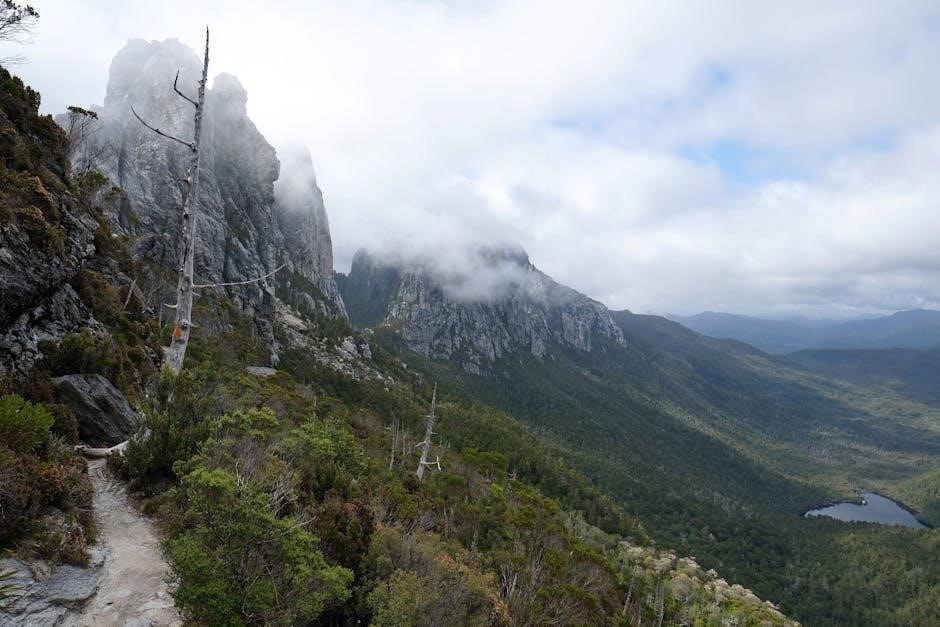
Best Times to Fish for Crappie in Lake Grenada
The peak crappie fishing season at Lake Grenada occurs during spring, when fish move to shallow waters for spawning. Early morning and late evening are optimal times for action.
Seasonal Patterns and Migration
Crappie in Lake Grenada exhibit distinct seasonal movements. During spring, they migrate to shallow waters near vegetation and structure for spawning. Summer finds them in deeper, cooler waters, often near drop-offs or submerged humps. In autumn, cooling temperatures drive them to mid-depths, where they feed actively before winter. Winter months see crappie congregating in deeper basins, though they remain less active. Understanding these patterns is key to locating them effectively. Anglers should adjust their strategies to match the season, focusing on spawning areas in spring and deeper haunts in winter. This migration ensures crappie are accessible year-round with the right approach.
Optimal Weather Conditions for Crappie Fishing
Crappie fishing in Lake Grenada is most productive under specific weather conditions. Overcast skies and light winds create ideal scenarios, as crappie are more active in low-light conditions. Avoid fishing during heavy rain or strong winds, as these can disrupt their behavior. Stable temperatures, particularly in the spring and fall, promote feeding activity. Crappie tend to thrive in water temperatures between 50°F and 75°F, making early morning and late evening fishing sessions highly effective. Avoid fishing during extreme cold snaps or heatwaves, as this can reduce their activity. Understanding and adapting to these weather patterns can significantly enhance your success on the water.
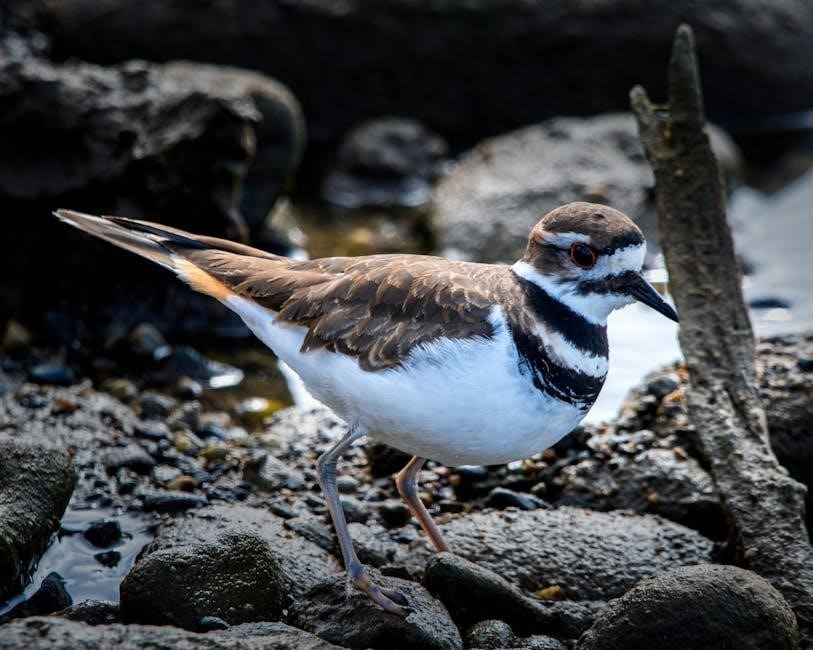
Tackle and Gear for Crappie Fishing
Proper tackle and gear are essential for crappie fishing, requiring a balance of sensitivity and strength. Expert guides recommend specific setups to optimize your fishing success.
Recommended Rods and Reels
For crappie fishing in Lake Grenada, a balance of sensitivity and strength is key. Ultra-light to medium-light action rods (5-7 feet) are ideal for detecting subtle bites. Pair these with spinning or baitcasting reels (size 1000-3000) for precise control. Guides often recommend high-quality, lightweight gear to minimize fatigue and maximize feel.
Ensure your setup is matched to the fishing technique, whether jigging, trolling, or minnowing. Regular maintenance of rods and reels, such as cleaning and lubricating, ensures optimal performance. Investing in durable, corrosion-resistant equipment is crucial for long-term success in crappie fishing.
Best Fishing Lines and Hooks
Choosing the right fishing line and hooks is essential for successful crappie fishing in Lake Grenada. Opt for monofilament or fluorocarbon lines in the 4-8 lb test range, as they provide the necessary sensitivity to detect light bites. For hooks, size 2 to 6 Aberdeen or bait-holder styles are ideal, ensuring secure hooksets without causing excessive injury to the fish. Using high-quality, rust-resistant hooks is crucial for durability, especially in Lake Grenada’s freshwater environment. Properly matching your line and hook setup to the fishing technique, whether jigging or minnowing, enhances your chances of landing trophy crappie. Always check knot strength to handle larger catches effectively.
Top Crappie Lures and Baits
When targeting crappie in Lake Grenada, selecting the right lures and baits is crucial for success. Jigs, especially those in chartreuse, white, and black/blue patterns, are highly effective, as they mimic the appearance of baitfish and insects. Curly tail grubs and swimbaits also entice aggressive strikes. For live bait, fathead minnows are a top choice, while small spinner rigs can attract crappie from a distance. Seasonal preferences play a role, with brighter colors performing well in spring and more subtle tones working better in summer. Experimenting with different presentations and depths ensures you cover all feeding behaviors of Lake Grenada’s crappie population.
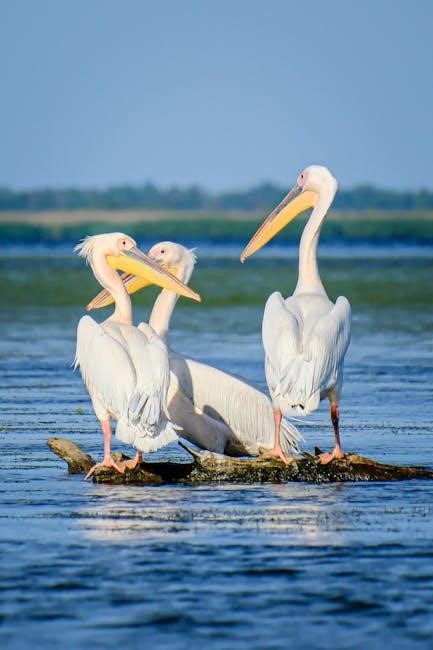
Fishing Techniques for Lake Grenada Crappie
Mastering jigging, minnowing, and trolling is key to catching Lake Grenada crappie. Jigging targets suspended fish, while trolling covers large areas. Electronics help pinpoint schools quickly.
Jigging and Minnowing Techniques
Jigging and minnowing are highly effective methods for catching crappie in Lake Grenada. Jigging involves using a jig baited with a minnow or soft plastic, targeting suspended fish near structures like drop-offs or submerged trees. A gentle lift-and-drop motion mimics injured baitfish, attracting crappie. Minnowing, on the other hand, relies on live or artificial minnows to entice bites. Both techniques excel in clear waters where crappie can see the bait clearly. Anglers often combine these methods with electronic depth finders to locate schools. Guides emphasize the importance of precise presentations and subtle movements to avoid spooking fish; These techniques are versatile and work well during various seasons, making them favorites among Lake Grenada anglers.
Trolling and Structure Fishing
Trolling and structure fishing are essential techniques for targeting crappie in Lake Grenada. Trolling involves moving slowly across the water, pulling jigs or minnows at specific depths to cover large areas and locate schools. Structure fishing focuses on key underwater features like drop-offs, submerged trees, and rocky areas where crappie tend to congregate. Guides often use trolling to target suspended fish in open water, while structure fishing is ideal for ambush points. Seasonal patterns influence where crappie stage, and guides use electronic depth finders to pinpoint these locations. These methods are highly effective in Lake Grenada, making them popular among anglers seeking consistent success.
Using Electronics for Crappie Location
Modern electronics play a crucial role in locating crappie in Lake Grenada. Depth finders and sonar units help identify underwater structures, schools of baitfish, and crappie suspensions. GPS technology allows guides to mark productive spots and navigate efficiently. Live Imaging and down-imaging sonar provide detailed views of fish and habitats, enabling precise presentations. These tools are especially valuable in vast waters, helping anglers target areas with the highest potential. By combining traditional knowledge with advanced electronics, Lake Grenada Crappie Guides maximize efficiency and success, ensuring anglers make the most of their fishing experience. This blend of technology and expertise is key to consistent crappie catches.
Popular Crappie Fishing Spots in Lake Grenada
Lake Grenada’s crappie hotspots include submerged trees, rocky drop-offs, and weed beds. The Skuna River channel and main lake basin are particularly productive for both white and black crappie.
Key Structures and Drop-Offs
Lake Grenada’s crappie thrive near specific underwater structures, such as submerged trees, rocky drop-offs, and weed beds. The main lake basin and Skuna River channel are hotspots, offering ambush points for crappie. Depth ranges vary seasonally, with crappie moving deeper in summer and shallower in spring. Submerged logs and brush piles near drop-offs are prime areas, as crappie use these for cover. Experienced guides often target these structures, employing techniques like jigging or minnowing to capitalize on their presence. Understanding these key areas is essential for a successful fishing trip, as they provide the habitat crappie prefer for feeding and spawning.
Productive Areas During Different Seasons
Lake Grenada’s crappie fishing varies by season, with specific areas thriving during different times of the year. In spring, crappie move to shallow coves and sandy bottoms for spawning, making these areas highly productive. Summer sees crappie retreating to deeper structures like submerged trees and drop-offs. During fall, they transition to mid-depth areas with abundant baitfish. In winter, crappie congregate in deeper channels and bends. Guides often adjust their strategies to target these seasonal hotspots, ensuring anglers maximize their chances of success; Understanding these patterns is key to locating crappie effectively throughout the year.
Hiring a Professional Crappie Guide
Hiring a professional crappie guide enhances your Lake Grenada fishing experience. Guides provide expert knowledge, techniques, and access to prime locations, ensuring a successful and memorable trip for anglers of all levels.
Why Hire a Local Guide?
Hiring a local guide for Lake Grenada crappie fishing offers unparalleled expertise and insights. Guides possess intimate knowledge of the lake’s top fishing spots, seasonal crappie movements, and effective techniques. Their experience ensures anglers maximize their time on the water, avoiding trial and error. Local guides also provide valuable tips on tackle selection, presentation, and strategies tailored to current conditions. Whether you’re a novice or experienced angler, their guidance enhances your chances of success and creates a memorable fishing experience. Their familiarity with the lake’s unique characteristics ensures you target crappie effectively, making your trip both productive and enjoyable.
How to Choose the Right Guide
Selecting the right guide for Lake Grenada crappie fishing is crucial for a successful trip. Start by researching guides with proven experience and a strong track record of catching crappie in the lake. Read reviews and ask for referrals from fellow anglers to ensure reliability. Inquire about their fishing techniques and whether they align with your preferences, such as jigging or trolling. Verify that the guide is properly licensed and insured. Additionally, ask about the quality of their equipment and boats to ensure safety and comfort. A knowledgeable guide will also share tips on handling and conserving crappie, enhancing your overall fishing experience.
What to Expect from a Guided Trip
A guided trip with Lake Grenada Crappie Guides promises an unforgettable fishing experience. Expect expert instruction tailored to your skill level, whether you’re a novice or an experienced angler. Guides will provide insights into the best techniques, such as jigging or trolling, and share knowledge of prime fishing spots. They will ensure you’re well-equipped with top-quality tackle and gear. Plan to arrive early, as trips often start at dawn when crappie are most active. Be prepared to learn about seasonal patterns, bait selection, and how to handle crappie gently for conservation. The focus is on creating a memorable and productive adventure while emphasizing safety and sustainability.
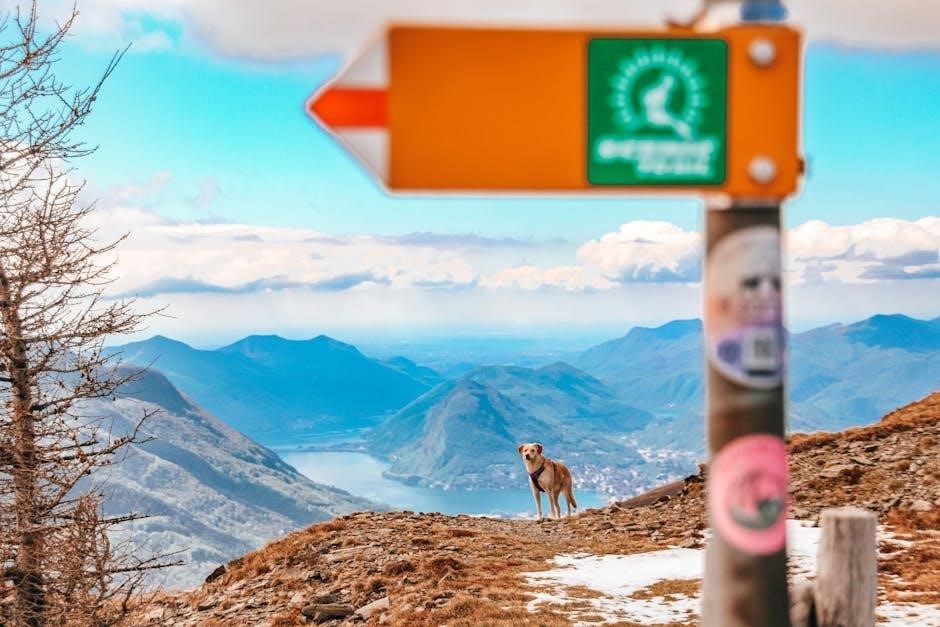
Crappie Fishing Regulations in Mississippi
Mississippi regulations include licensing requirements, size limits, and catch restrictions to ensure sustainable fishing. Anglers must adhere to specific guidelines to protect crappie populations and habitats.
Licensing Requirements
Fishing licenses are mandatory for anglers in Mississippi, including those targeting crappie at Lake Grenada. Both residents and non-residents must obtain a valid Mississippi fishing license. Licenses can be purchased online through the Mississippi Department of Wildlife, Fisheries, and Parks or at local tackle shops. Annual and short-term licenses are available, catering to both frequent and occasional anglers. Youth under 16 and seniors may qualify for reduced fees or exemptions. Ensuring compliance with licensing requirements helps conserve fish populations and maintain sustainable fishing practices in Mississippi’s waters, including Lake Grenada.
Size and Catch Limits
In Mississippi, crappie fishing on Lake Grenada is regulated to ensure sustainable populations. The minimum size limit for crappie is 10 inches, and anglers are allowed a daily catch limit of 30 crappie per person. These regulations apply to both white and black crappie. It’s essential to adhere to these limits to help conserve the fishery and maintain healthy populations. Additionally, anglers should be aware of any special regulations or closures that may apply to specific areas of the lake. Properly measuring and handling fish ensures compliance with state guidelines and supports the long-term health of Lake Grenada’s crappie population.
Seasonal Restrictions
Lake Grenada enforces seasonal restrictions to protect crappie populations during critical life stages. A closed season typically applies during the spring spawning period, usually from late March to early May, to allow crappie to reproduce undisturbed. During this time, anglers are prohibited from targeting crappie in designated spawning areas. Additionally, certain gear restrictions may apply to minimize disturbance to spawning fish. These regulations are essential for maintaining the health and sustainability of the crappie fishery. Anglers are encouraged to check with local wildlife authorities for specific dates and restrictions before planning their trips to ensure compliance with Mississippi’s conservation efforts. Proper adherence ensures the lake remains a premier crappie destination.
Caring for Your Catch
Proper handling and storage ensure your crappie remain fresh. Use ice to keep fish cool, and clean them promptly to preserve quality. Handle gently to avoid injury.
Handling and Landing Crappie
Proper handling is crucial to ensure the survival and quality of crappie. Use a soft-mesh net to land fish gently, minimizing injury. Wet your hands before handling to prevent removing their protective slime layer. Hold crappie firmly but carefully, avoiding excessive pressure on their delicate bodies. For landing, maintain a steady rod pressure and reel in smoothly to avoid exhaustion. If releasing, handle quickly and release in calm water. For keeping, store in a well-oxygenated livewell or on ice immediately. Proper handling preserves the fish’s quality and ensures a sustainable fishing experience for future anglers in Lake Grenada.
Storage and Cleaning Tips
Proper storage and cleaning techniques are essential for maintaining the quality of crappie. After catching, store fish immediately on ice in a cooler to preserve freshness. For extended storage, gut and clean the fish promptly to prevent spoilage. When cleaning, scale the fish thoroughly, then gut and rinse under cold water. Filleting is recommended for optimal flavor and ease of cooking. Always use sharp tools to avoid tearing the flesh. Store cleaned fish in airtight containers or freezer bags, pressing out as much air as possible before freezing to prevent freezer burn. Proper storage ensures your catch remains fresh and ready for cooking.
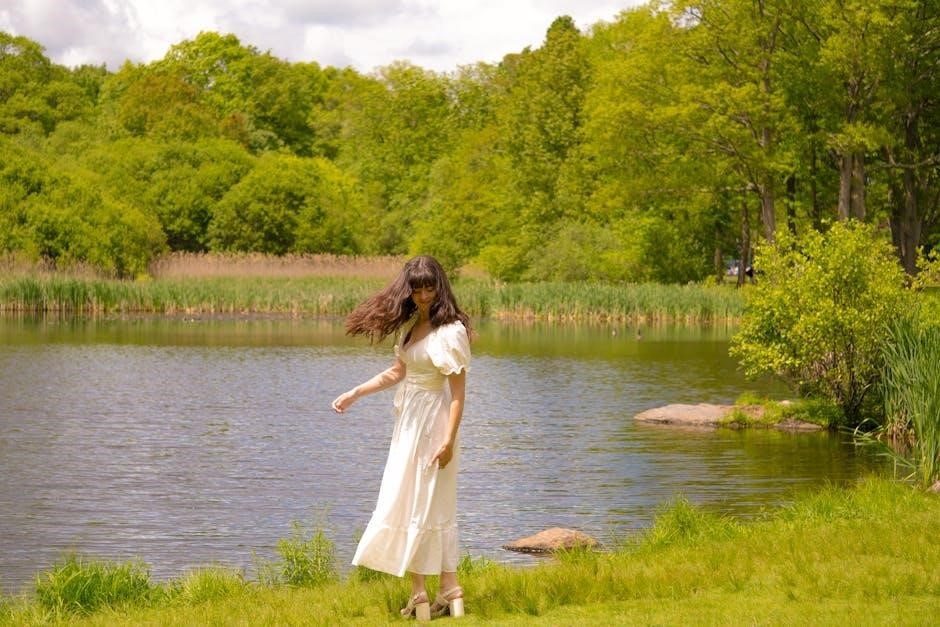
Local Amenities and Accommodations
Lake Grenada offers a variety of lodging options, including cozy lakeside cabins, hotels, and RV parks, ensuring comfortable stays for anglers. Nearby restaurants serve fresh, local cuisine, and marinas provide convenient boat launches and gear rentals, making your fishing trip seamless and enjoyable.
Lodging Options Near Lake Grenada
Lake Grenada offers a variety of lodging options to suit every angler’s needs. From cozy lakeside cabins with stunning views to budget-friendly hotels and luxury resorts, there’s something for everyone. Many accommodations are conveniently located near boat launches, making it easy to start your fishing day.
RV parks and campgrounds are also available for those who prefer outdoor adventures. Amenities often include Wi-Fi, grills, and picnic areas. Whether you’re looking for a rustic retreat or modern comforts, Lake Grenada’s lodging options ensure a relaxing stay after a day on the water.
Restaurants and Dining Experiences
Lake Grenada’s dining scene offers a mix of casual and upscale options, catering to both locals and anglers. Popular restaurants serve Southern-style comfort food, fresh seafood, and classic American dishes. Many eateries feature outdoor seating with scenic views of the lake, perfect for relaxing after a day of fishing.
Local favorites include cozy diners for hearty breakfasts and family-friendly spots serving burgers, steaks, and homemade desserts. For a unique experience, waterfront restaurants offer fresh catches of the day, prepared with regional flavors. Whether you’re craving simplicity or a special dining experience, Lake Grenada’s restaurants provide memorable meals in a picturesque setting.
Other Activities in the Area
Beyond fishing, Lake Grenada offers a variety of activities for outdoor enthusiasts. Visitors can enjoy boating, swimming, and water sports on the lake’s crystal-clear waters. Surrounding nature trails provide excellent opportunities for hiking and biking, while picnic areas and barbecue facilities make for a relaxing day with family.
Wildlife watching is another popular pastime, with abundant bird species and deer in the area. For those seeking leisure, nearby golf courses and local events, such as seasonal festivals, add to the charm of the region. These activities ensure a well-rounded experience for anyone visiting Lake Grenada.
Expert Tips for Crappie Success
Seasoned anglers emphasize timing and presentation as key to catching crappie. Adjusting techniques based on seasonal patterns and fish behavior ensures better results and a memorable fishing experience.
Color Selection for Lures
Choosing the right lure color is crucial for crappie fishing success. Natural colors like shad, minnow, or crawdad patterns work well in clear waters, mimicking their natural prey. In murky conditions, opt for brighter hues such as chartreuse or orange to increase visibility. Environmental factors like water clarity and light penetration also influence color selection. For example, use darker shades in deep waters and lighter ones in shallow areas. Matching the lure color to the lake’s forage base can also improve strikes. Remember, crappie are visually oriented, so the right color can make a significant difference in attracting bites and landing more fish.
Timing and Presentation
Timing and presentation are critical for successful crappie fishing. Fish during peak activity periods, such as early morning or late evening, when crappie are most active. Seasonal patterns also play a role; for example, during spawning, crappie move to shallower waters, requiring adjustments in presentation. Use slow, steady retrieves to mimic natural prey movement, as crappie often strike subtly. Vary your presentation depth based on water conditions and fish behavior. Patience is key—allow time for crappie to inspect and strike. Subtle pauses or light twitches can entice bites. Proper timing and presentation enhance your chances of landing more crappie, making every cast more effective.
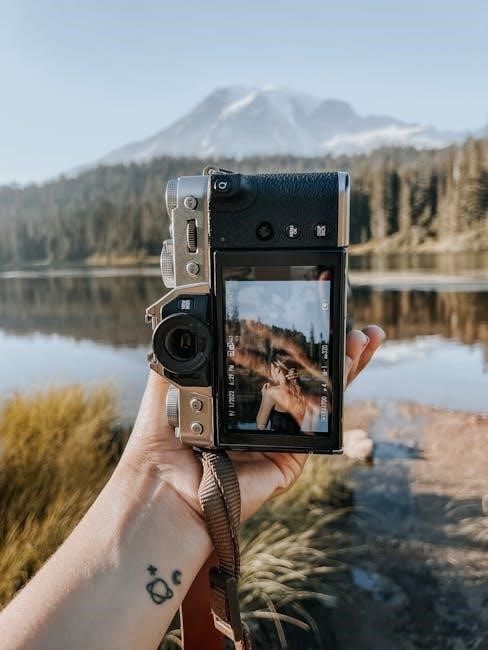
Safety on the Water
Always wear a life jacket and ensure proper lighting and navigation equipment. Monitor weather conditions and avoid risky maneuvers. Stay informed and prepared for emergencies.
Boating Safety Tips
Ensure all passengers wear properly fitting life jackets. Regularly inspect your boat for damage and functionality of safety equipment. Check weather forecasts before departure and avoid navigating in rough conditions. Always carry a first aid kit, flashlight, and communication devices. File a float plan with a trusted contact, detailing your itinerary and expected return time. Keep emergency flares and a fire extinguisher on board. Maintain proper lighting, especially at dawn, dusk, or night. Avoid alcohol while operating the boat, as it impairs judgment. Stay alert and follow all local boating regulations to ensure a safe and enjoyable experience on Lake Grenada.
Weather Awareness
Monitoring weather conditions is crucial for a safe and successful fishing trip on Lake Grenada. Always check forecasts before heading out, as storms or strong winds can quickly develop. Overcast skies and light winds often create ideal conditions for crappie activity, while extreme heat or cold may require adjusting your fishing strategy. Pay attention to changing weather patterns, as they can impact fish behavior and water clarity. Carry a weather radar app or radio to stay informed while on the water. Avoid fishing during thunderstorms or rough conditions, prioritizing safety. Understanding and adapting to weather changes will enhance your fishing experience and overall safety on the lake.
Lake Grenada offers a exceptional crappie fishing experience with expert guides. Plan your trip now to enjoy the lake’s renowned fishery and make unforgettable memories.
Final Thoughts on Lake Grenada Crappie Fishing
Lake Grenada stands out as a world-class destination for crappie fishing, renowned for its abundant population and ideal conditions. The expertise of local guides can significantly enhance your fishing experience, providing invaluable insights into the best spots, tackle, and techniques. Whether you’re a seasoned angler or a beginner, paying attention to seasonal patterns, lure selection, and presentation will greatly improve your chances of success. Plan your visit to Grenada and enjoy the thrill of reeling in these prized fish. Remember to practice catch-and-release fishing to help preserve this incredible resource for future generations.
Encouragement to Plan Your Trip
Lake Grenada offers an unforgettable crappie fishing experience, making it a must-visit destination for anglers. With its renowned fishery and expert guides, you’ll have the best chance to land trophy crappie. Plan your trip during optimal seasons to maximize success, and don’t hesitate to book a guide for insider knowledge. Pack your gear, prepare for exciting days on the water, and create lasting memories. Whether you’re a novice or a seasoned angler, Lake Grenada promises an adventure you won’t want to miss. Start planning your trip today and get ready to reel in the rewards of this incredible fishery!
